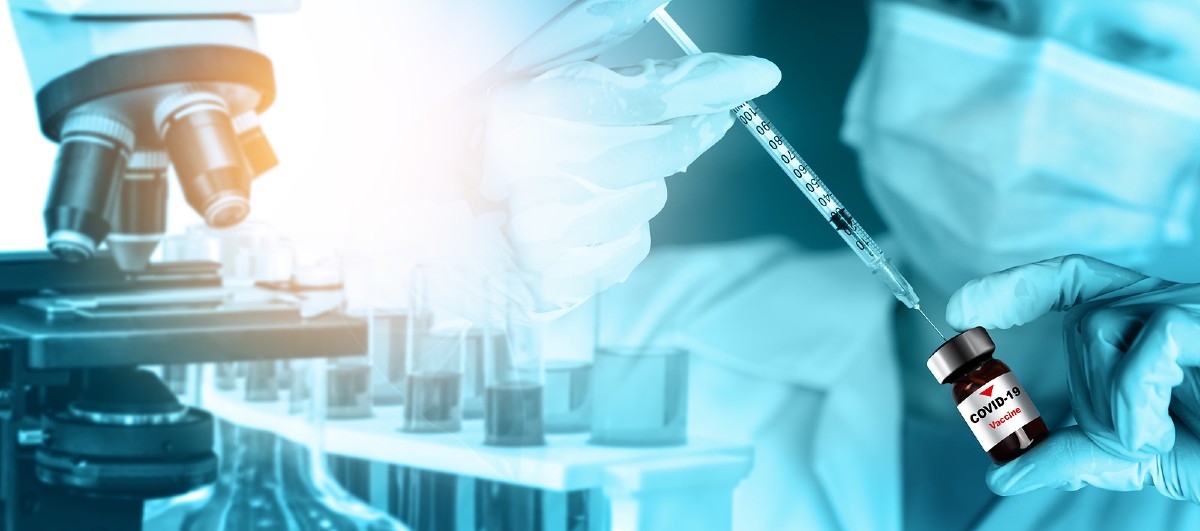
Trump’s foetal tissue review panel is ‘stacked’, say opponents
Ten out of 15 oppose abortion
Human foetal tissue research has been touted as a pathway to studying the coronavirus as well as HIV, diabetes, and Parkinson’s disease. However, in the United States this is extremely controversial because of opposing views on the status of the foetus.
Earlier this year the Trump Administration established a panel to review applications to use foetal tissue. Scientists are to be funded only if there are no adequate alternatives and if acquisition and disposal of the tissue are ethical. Afterwards, the panel’s recommendations are to be studied by the secretary of the Department of Health and Human Services.
The Human Fetal Tissue Research Ethics Advisory Board held its first meeting on July 31. Science magazine complained that 10 of its 15 members were known to oppose abortion, including the chair, Paige Comstock Cunningham, an attorney, ethicist, and interim president of Taylor University, a Christian university in Indiana.
“The board is stacked with people who are known to oppose use of tissue from induced abortions, regardless of the scientific necessity and regardless of the fact that using such tissue does not in an y way affect whether an abortion will take place,” says R. Alta Charo, a bioethicist at the University of Wisconsin, Madison.
One appointee who does not oppose foetal tissue research is Lawrence Goldstein, of the University of California, San Diego. He has used foetal cells to study Alzheimer’s disease. “The fetal tissue that we’re talking about—if we don’t use it for research, it will be discarded,” Goldstein told The Scientist earlier this year. “That’s the choice. Discard the fetal tissue in the trash, or use it for valuable research.”
Michael Cook is editor of BioEdge
Creative commons
https://www.bioedge.org/images/2008images/Coronavirus-Covid–Medical_(1).jpg
fetal tissue research
- How long can you put off seeing the doctor because of lockdowns? - December 3, 2021
- House of Lords debates assisted suicide—again - October 28, 2021
- Spanish government tries to restrict conscientious objection - October 28, 2021
